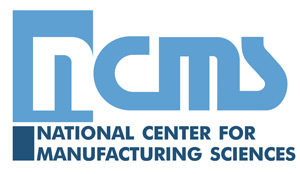New Synapse Application Introduced at Latest Joint Intermittent Test Working Group Meeting
Recently NCMS member Universal Synaptics unveiled its new software application, Synapse, to the Joint Intermittent Test (JIT) Working Group. This software is an upgrade enhancement to the Intermittent Fault Detection and Isolation System (IFDIS) a diagnostic instrument that can simultaneously and continuously monitor all unit test circuits individually at the same time detecting intermittent faults. It is assisting the Navy, Air Force, and Army save maintenance funds and time off wing by isolating faulty connections and aging wiring.
“It became apparent that our user interface could be more intuitive,” says Ken Anderson, President, and CEO of Universal Synaptics. “We wanted to lower the training required to use our system and make it as user-friendly as possible.”
After commissioning a User Experience (UX) Committee comprised of their target demographic of technicians and equipment operators, they used the feedback to develop Synapse, an easy-to-use technician and troubleshooting experience interface that simplifies the utilization of IFDIS as well as the portable version, Intermittent Fault Detection (IFD).
Synapse provides integrated security features that safeguard defense and commercial-related component information as well as provides a platform for multiple reporting, trend data, and other management tools. The test reports offer an audit trail for safety or maintenance records; a means of evaluating all results for individual Unit Under Tests (UUT) to identify individual degradation and fleet-wide trends that have Implications for operational readiness; identifies root causes of faults, and can export/import test reports into any maintenance database repository such as MADW.
“Our goal is to make our user experience superior when operating our patented IFD technology. Synapse is the result of what can be accomplished by partnering with and listening to maintenance artisans, technicians, and engineers. We provided exactly what the system operators have been asking for,” says Anderson.
